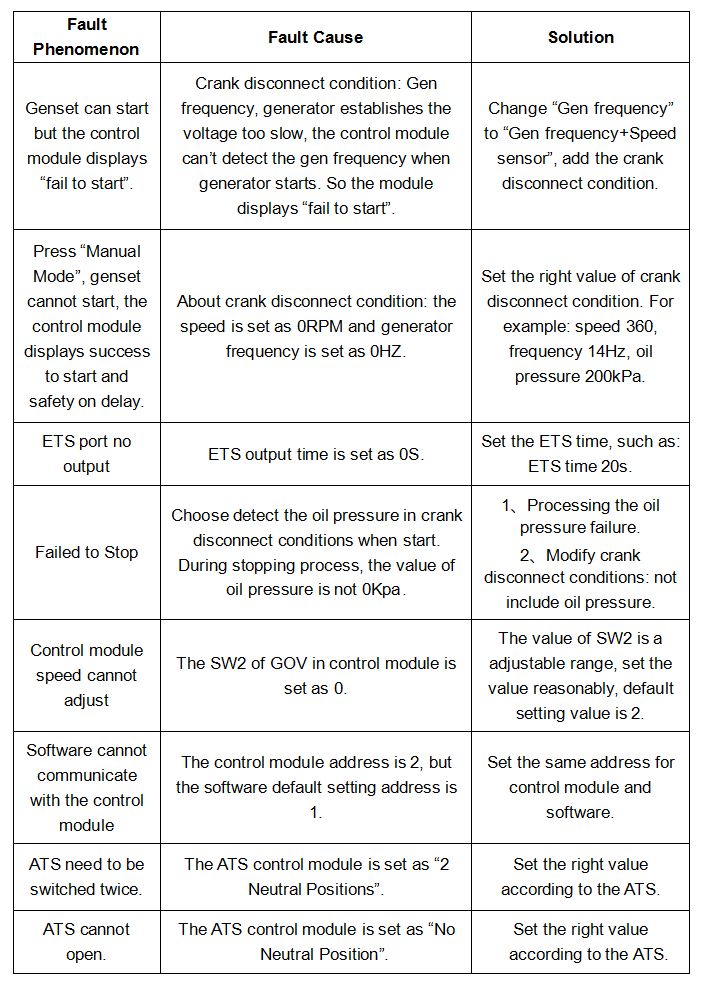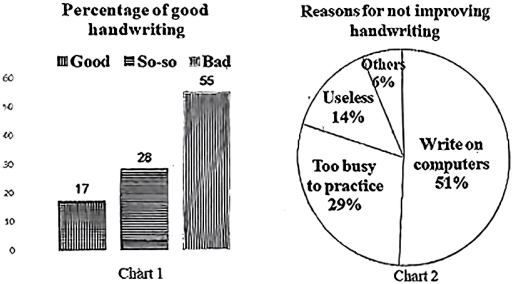Understanding FHA vs Conventional Loan Interest Rates: Which is Right for You?
#### FHA vs Conventional Loan Interest RatesWhen it comes to securing a mortgage, one of the most critical factors to consider is the interest rate. Homebuy……
#### FHA vs Conventional Loan Interest Rates
When it comes to securing a mortgage, one of the most critical factors to consider is the interest rate. Homebuyers often find themselves weighing the options between FHA loans and conventional loans. Understanding the differences in FHA vs conventional loan interest rates can help you make an informed decision that aligns with your financial situation and homeownership goals.
#### What are FHA Loans?
FHA loans, or Federal Housing Administration loans, are designed to help lower-income and first-time homebuyers qualify for a mortgage. These loans are backed by the government, which means lenders face less risk and can offer more favorable terms. One of the key benefits of FHA loans is the lower down payment requirement, which can be as low as 3.5% of the purchase price.
#### What are Conventional Loans?

Conventional loans, on the other hand, are not insured or guaranteed by the government. They are offered by private lenders and can have stricter credit and income requirements. Conventional loans typically require a higher down payment, often around 5% to 20%, depending on the borrower's financial profile. The interest rates for conventional loans can vary significantly based on the borrower’s credit score, loan amount, and the overall market conditions.
#### Comparing FHA vs Conventional Loan Interest Rates
When comparing FHA vs conventional loan interest rates, it's essential to consider several factors:
1. **Interest Rates**: Generally, FHA loans tend to have slightly lower interest rates compared to conventional loans, especially for borrowers with lower credit scores. However, conventional loans may offer better rates for borrowers with excellent credit.

2. **Mortgage Insurance**: FHA loans require both an upfront mortgage insurance premium (MIP) and a monthly premium, which can add to the overall cost of the loan. Conventional loans may require private mortgage insurance (PMI) if the down payment is less than 20%, but this can be canceled once the borrower reaches 20% equity in the home.
3. **Loan Limits**: FHA loans have specific loan limits that vary by location, which can limit how much you can borrow. Conventional loans often have higher limits, allowing for more flexibility in purchasing higher-priced homes.
4. **Credit Score Requirements**: FHA loans are more forgiving when it comes to credit scores, making them an attractive option for first-time homebuyers or those with less-than-perfect credit. Conventional loans typically require a higher credit score for the best interest rates.
5. **Down Payment Options**: As mentioned earlier, FHA loans allow for a lower down payment, which can be beneficial for those who may not have substantial savings. Conventional loans usually require a higher down payment, which can be a barrier for some buyers.

#### Conclusion
In conclusion, the decision between FHA vs conventional loan interest rates ultimately depends on your unique financial situation. If you have a lower credit score and limited savings, an FHA loan might be the better option for you. However, if you have a strong credit profile and can afford a larger down payment, a conventional loan could save you money in the long run due to potentially lower overall costs.
Before making a decision, it's advisable to consult with a mortgage professional who can provide personalized insights based on your circumstances. Understanding the nuances of FHA vs conventional loan interest rates will empower you to choose the best mortgage option for your future home.